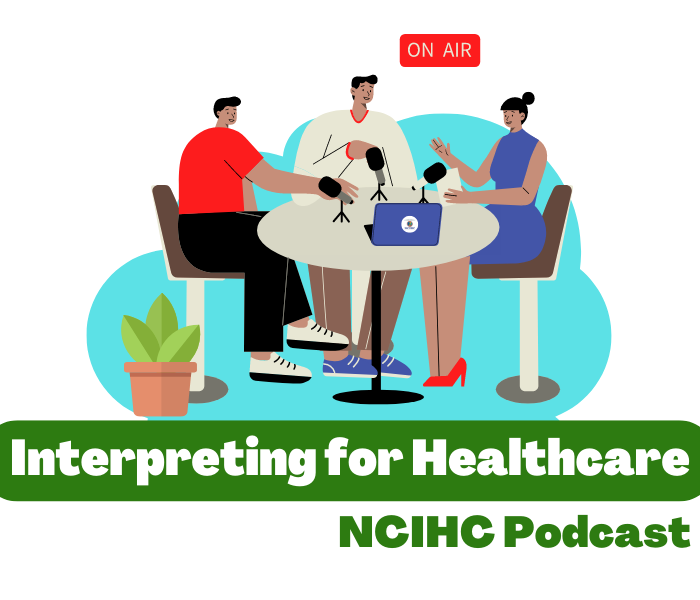Are you one of those people who has tried to learn a language, but can’t seem to become fluent or even remember the vocabulary? Are you someone who believes that learning languages as children is easier and adults are just out of luck? Do you wonder if anyone can learn to speak a foreign language?
Then keep reading.
But first, why should we learn a new language at all? Being bilingual or a polyglot can increase brain power and benefit you at work. Persons who know more than one language have a 5-20% higher salary than monolinguists. Learning languages also opens you to new worlds and cultures.
Now, the science. There are many parts of the brain that control, regulate, and remember different things. During early years, children learning a language will process the information using the side of their brain associated with motor control. Essentially, they are remembering it as a series of breaths and facial movements.
When adults try to learn a language later in life, they process information using their higher cognitive function. Essentially, relying on memory rather than natural motions. This higher cognitive function is something that only develops later in life.
The use of different parts of the brain for learning does not put one group at an advantage over the other. Despite how our brain changes, those changes do not diminish our ability or capacity to learn. Does this mean everyone has an equal natural capacity to learn a language? Not quite.
There are many factors that determine how easy it will be to learn a language. Notice I didn’t say “if you can learn a language.” Everyone can learn a language with enough determination. (More on that later.) Your language learning capacity is about 16% due to your IQ. Another 10% can be attributed directly to your musical abilities. Studies suggest that the largest contributing factor to language learning is the mode in which you learn.
Remember, kids use the motor control section of their brain to comprehend and process a new language. They remember by forming the words with their lips and tongue. Adults rely on memory, the higher cognitive function. This may explain why you can understand a language better than you can speak it. This would lead to the conclusion that, biologically, learning by constant speaking and listening is the best method.
Really, there are many methods of language learning available, and each will have a variable level of success with each person. There is no way to say one language learning style is objectively better than the rest. What works for an auditory learner won’t be effective for a visual learner. Even if they are using the same part of their brain to process the information. Plus, some languages are naturally more difficult to learn, despite your cognitive power.
However, there is still a distinction between learning through immersion and learning through study. Those who focus solely on immersion may pick up a language with their motor function side of the brain because they are constantly trying to speak it.
But using this method may also cause misunderstandings in the grammar and syntax of the language. While pouring over textbooks and vocab cards may help you speak a language better, they are often not the first choice for learning a language for fluency in speaking.
The real answer to the question “can anyone learn a language” is YES! No matter the circumstances, age, or method, with enough determination and practice, absolutely anyone can learn a language. Persevere, stretch yourself, and you’ll find fluency in no time.
Don’t have time to learn a language? Call Access 2 Interpreters for your interpretation and translation needs. Our workers have the best training in the industry to ensure the best service for you. Call today!




